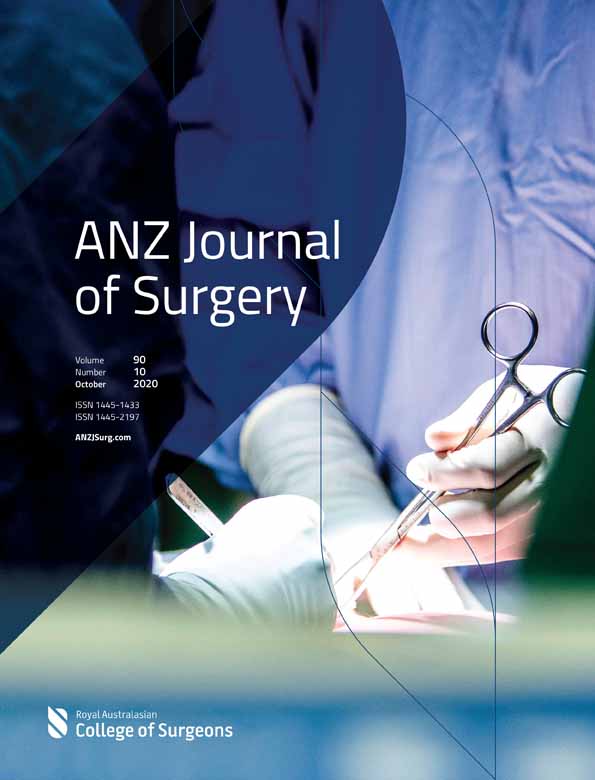Does well-controlled overt hypothyroidism increase the risk of total knee arthroplasty?
Mingcheng Yuan and Tingxian Ling contributed equally to this study.
Abstract
Background
Overt hypothyroidism is widely accepted as a risk factor for adverse events following total knee arthroplasty (TKA). However, no prior study has preoperatively reversed hypothyroidism and reevaluated its risk. This retrospective study aimed at investigating whether well-controlled overt hypothyroidism would still increase the risk of TKA.
Methods
Between November 2009 and November 2016, patients diagnosed with overt hypothyroidism but well controlled and underwent TKA were compared with euthyroid TKA patients. Data were extracted from our departmental database. Chi-squared test and t-tests were used for comparisons.
Results
Hypothyroid patients had more blood loss and lower postoperative haemoglobin (Hb) and haematocrit level than the control group (all P < 0.05). Although the postoperative anaemia rate was lower in the control group (P = 0.01), there was no significant difference in the transfusion rate between the two groups (2.99% versus 7.46%, P = 0.10) or in the rates of other complications (P > 0.05). Interestingly, intramuscular venous thrombosis rate in hypothyroid patients was significantly lower than that in the control group (1.49% versus 9.70%, P = 0.00). Clinical outcome scores were comparable between the two groups throughout the course. And only one case of infection occurred in the hypothyroid patients.
Conclusion
Well-controlled overt hypothyroidism did not increase the risk of TKA, except for perioperative blood loss. Surgeons should be aware that even if hypothyroidism is reversed, the risk of more perioperative blood loss still exists and that, consequently, perioperative blood management is still essential in this population.
Conflicts of interest
None declared.




